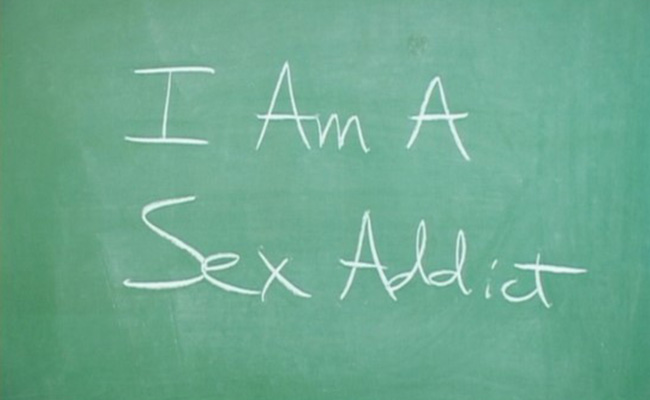Dating and Sobriety – Dating can be one of the most difficult things to do when you’re sober. Chances are, when you were drinking, you weren’t very successful in relationships. Your alcoholism always overshadowed romance, intimacy, companionship and all the other aspects that are supposed to accompany a healthy relationship.
Dating and Sobriety – Now that you are moving toward a place of health and wellness, you may feel as though you are ready to start dating and find a special someone. Here are five things to keep in mind as you navigate the process of sober dating:
- It is recommended that you don’t get into a relationship the first year of your sobriety. This may seem like a long time, but this suggestion is there for a reason. It is difficult enough to manage yourself in that first year of recovery. Throwing someone else into the mix makes things a lot more complicated and hard to manage.
- Your sobriety has to come first. When you get into a new relationship when you’re sober, it’s easy to let your recovery slack. Don’t let this happen. Remember, without sobriety, you are a hopeless drunk who cannot manage your own life. You have to make sobriety your number one priority and not allow yourself to get swept away by your new relationship. Keep going to meetings, stay in touch with your sponsor, and continue to work the steps.
- You have to decide if you are willing to date someone who drinks. Of course, you don’t want to get into a relationship with someone who is a practicing alcoholic. However; most people who drink do not have a drinking problem. Are you strong enough to go on a date with a person who might order a drink at dinner? Can you be in a relationship with someone who might drink socially on the weekends? If you think so, you need to be upfront and let the person know that you are a recovering alcoholic and that you can’t drink under any circumstances.
- It’s a good idea talk to your sponsor and ask him or her if they think you are really ready to manage a healthy relationship in sobriety. It’s not that you are asking your sponsor for permission to date – after all, you are a grown up who is capable of making your own decisions – however; your sponsor will be able to shed some light on your sobriety. He or she can tell you if they think it’s a good idea. If they don’t think you are ready, you might want to wait a little while longer.
- Remember that romantic relationships are very complicated. They involve intense emotions that can be difficult to navigate. Many people believe they are ready to get into a romantic, sexual relationship only to find the feelings that accompany them are far too difficult and frustrating to manage. You need to have a solid foundation in recovery, a strong relationship with your sponsor, and a firm practice of the steps to undertake a romantic relationship.
Dating and Sobriety – When you decide you are ready to start dating, take it slow. There is no hurry. Relationships aren’t a race. Remember to keep your recovery first and don’t drink no matter what. If you always keep your sobriety as your number one priority, no matter what happens, you will be equipped to handle whatever comes your way in the process of dating and establishing a romantic relationship.
CLICK HERE to get a Free Confidential Addiction Rehabilitation Assessment.














